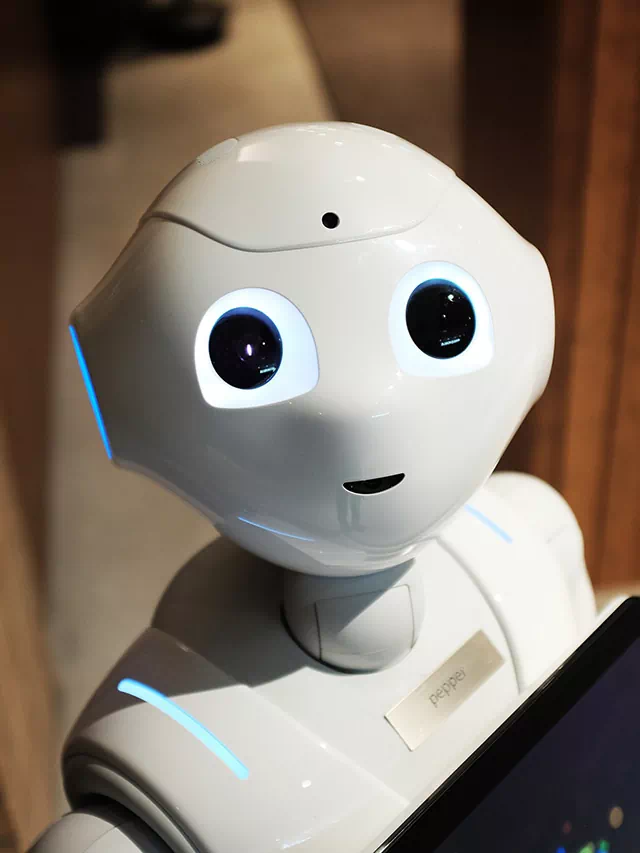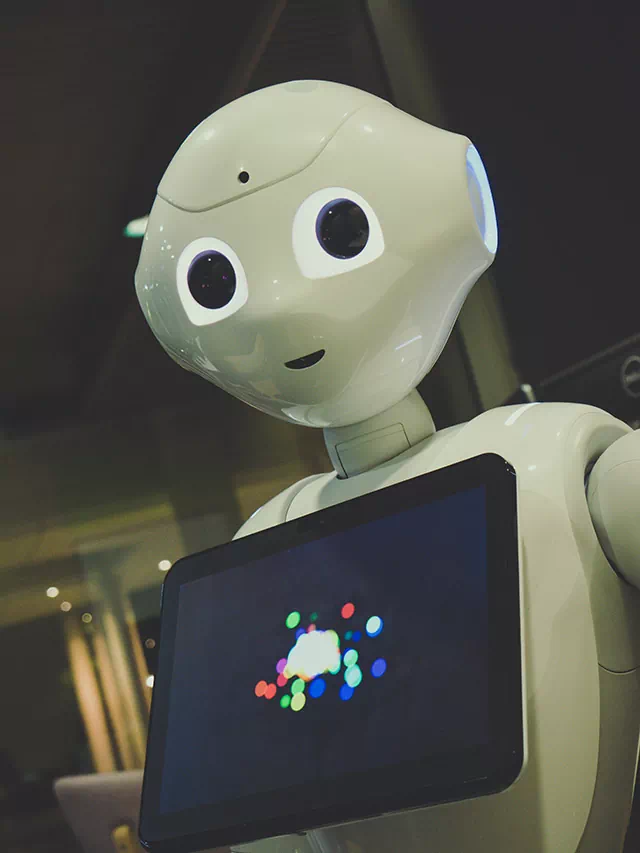While AI has the potential to automate many jobs and tasks, there are still several areas where human skills and abilities are essential, including:
Jobs that require creativity
Jobs that involve creativity, innovation, and imagination are unlikely to be replaced by AI anytime soon. Examples include artists, writers, musicians, and designers. Jobs that require creativity include a wide range of professions that involve the use of imagination, originality, and innovation to create new ideas, products, or services. Here are some examples:
- Artists: painters, sculptors, graphic designers, illustrators, etc.
- Writers: novelists, poets, playwrights, screenwriters, journalists, copywriters, etc.
- Musicians: composers, performers, music producers, DJs, etc.
- Designers: fashion designers, interior designers, industrial designers, product designers, etc.
- Architects: designing buildings, urban planning, landscape architecture, etc.
- Advertising and marketing: coming up with creative campaigns, slogans, and marketing strategies.
- Filmmakers: directors, producers, cinematographers, editors, etc.
- Video game designers: creating concepts and designing characters, levels, and storylines.
- Chefs: creating new recipes and innovative dishes.
- Educators: developing new teaching methods and innovative educational materials.
In these jobs, the ability to think outside the box and generate original ideas is highly valued, making them less likely to be replaced by AI anytime soon. However, AI may still be used to assist in these fields, such as using AI-powered tools to aid in graphic design or music composition.
Jobs that require emotional intelligence
Jobs that involve working with people and require emotional intelligence are also unlikely to be automated. Examples include therapists, social workers, and nurses. Jobs that require emotional intelligence involve working with people and require empathy, social skills, and emotional awareness. Here are some examples:
- Therapists: psychologists, counselors, social workers, and other mental health professionals who help people manage their emotions and improve their mental well-being.
- Healthcare professionals: doctors, nurses, and other healthcare providers who interact with patients and their families, and provide emotional support and guidance.
- Teachers: educators who work with students and need to be able to understand and connect with them on an emotional level.
- Human resources professionals: HR managers and recruiters who need to understand the emotional needs and motivations of employees.
- Sales professionals: salespeople who need to be able to read and respond to the emotional cues of customers to build rapport and close deals.
- Customer service representatives: employees who interact with customers and need to be able to empathize with their needs and concerns.
- Leaders and managers: managers who need to be able to understand and manage the emotions of their team members to foster a positive work environment.
In these jobs, the ability to connect with people on an emotional level and build meaningful relationships is essential, making them less likely to be replaced by AI anytime soon. While AI may be used to assist in these fields, it cannot fully replace the human touch that is necessary for effective emotional support and communication.
Jobs that require critical thinking and problem-solving
Jobs that require critical thinking and problem-solving skills, such as lawyers, doctors, and engineers, are also less likely to be automated. Jobs that require critical thinking and problem-solving involve using logic, reasoning, and analytical skills to identify and solve complex problems. Here are some examples:
- Lawyers: attorneys who need to analyze legal issues and provide solutions for their clients.
- Engineers: professionals who design and develop new products, systems, and structures.
- Scientists: researchers who use critical thinking and problem-solving skills to develop new theories and find solutions to complex problems.
- Data analysts: professionals who analyze large amounts of data to identify patterns and make informed decisions.
- Accountants: professionals who use critical thinking to analyze financial information and provide advice to clients.
- Management consultants: professionals who help organizations solve business problems and improve their performance.
- Detectives and investigators: professionals who use critical thinking to gather and analyze evidence to solve crimes.
- Journalists: reporters who investigate and report on complex issues and events.
In these jobs, the ability to analyze information, think critically, and provide solutions is highly valued, making them less likely to be replaced by AI anytime soon. While AI may be used to assist in these fields, it cannot fully replace the human ability to analyze complex problems and develop creative solutions
Jobs that require physical dexterity
Jobs that require physical dexterity and flexibility, such as plumbers, electricians, and carpenters, are also unlikely to be replaced by AI anytime soon. Jobs that require physical dexterity involve using manual skills and physical abilities to perform tasks that require precision and accuracy. Here are some examples:
- Surgeons: medical professionals who perform surgical procedures that require precision and steady hands.
- Craftsmen: artisans who work with their hands to create custom products, such as furniture makers, jewellers, and glassblowers.
- Mechanics: professionals who repair and maintain machinery and vehicles, often requiring manual dexterity to operate tools and equipment.
- Chefs: culinary professionals who use their hands to prepare food, often requiring precise knife skills and hand-eye coordination.
- Hairdressers: professionals who cut and style hair, requiring precision and steady hands.
- Athletes: individuals who participate in sports and physical activities that require coordination, agility, and physical dexterity.
- Artists: painters, sculptors, and other visual artists who use their hands to create artwork.
In these jobs, physical dexterity is essential to perform tasks that require precision and accuracy, making them less likely to be replaced by AI anytime soon. While AI may be used to assist in these fields, it cannot fully replace the physical skills and abilities required to perform these tasks.
Jobs that require human interaction
Jobs that involve human interaction and personal touch, such as hospitality and customer service roles, are also unlikely to be fully automated, as customers often prefer to deal with real people rather than machines. Jobs that require human interaction involve working with people and require strong interpersonal skills, communication skills, and empathy. Here are some examples:
- Customer service representatives: employees who interact with customers and help solve their problems and concerns.
- Salespeople: professionals who interact with customers to persuade them to buy products or services.
- Teachers: educators who work with students and interact with parents, colleagues, and administrators.
- Healthcare professionals: doctors, nurses, and other healthcare providers who interact with patients and their families.
- Social workers: professionals who work with individuals and families to help them overcome social, economic, and personal problems.
- Event planners: professionals who interact with clients to plan and execute events, such as weddings, conferences, and festivals.
- Human resources professionals: HR managers and recruiters who interact with employees, job candidates, and management.
In these jobs, the ability to connect with people, communicate effectively, and build relationships is essential, making them less likely to be replaced by AI anytime soon. While AI may be used to assist in these fields, it cannot fully replace the human touch that is necessary for effective communication and relationship-building.
It’s important to note that while AI may not completely replace these jobs, it could still change the nature of the work and the skills required to perform them. Therefore, it’s important for individuals in these fields to continue developing their skills and staying up-to-date with advancements in AI technology.


